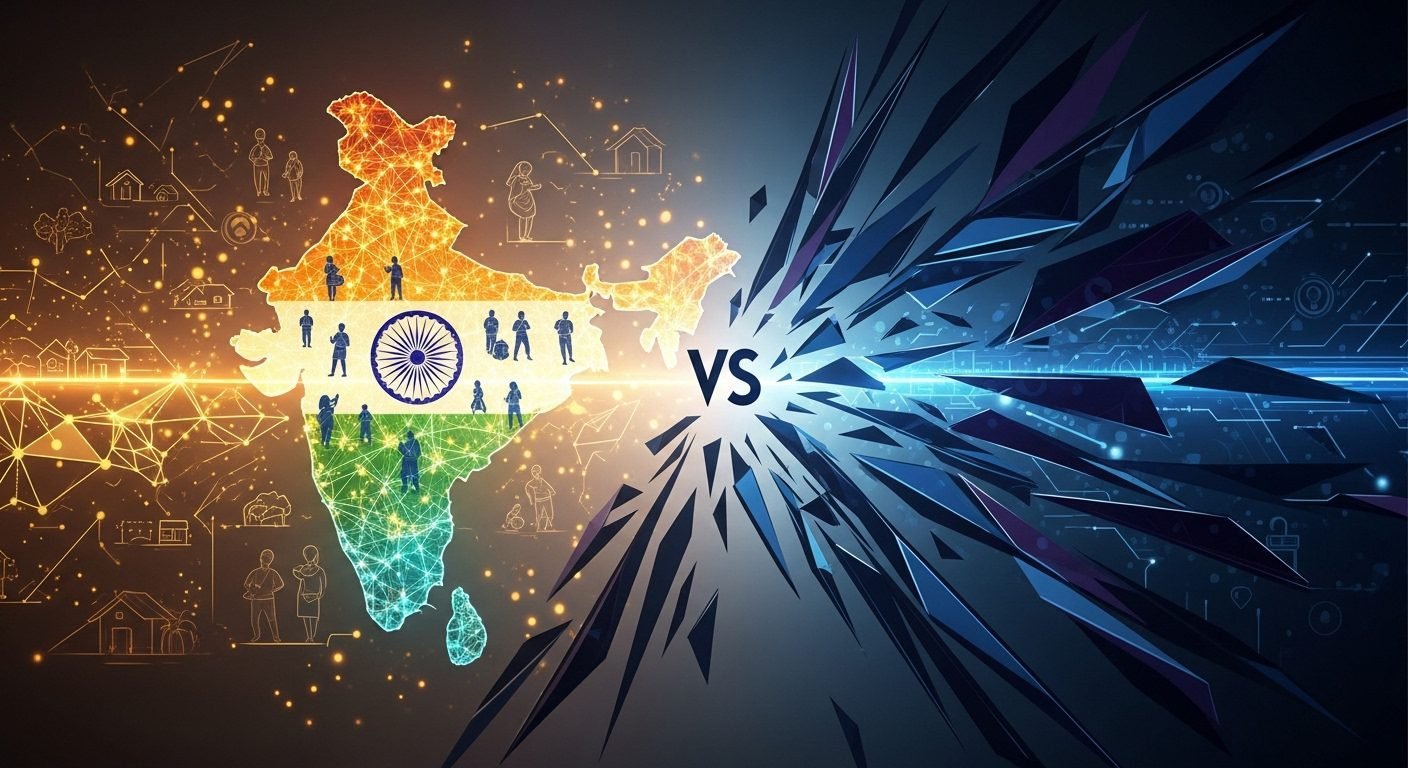“This latest filing is consistent with Mr. Musk’s ongoing pattern of harassment,” OpenAI stated, dismissing the monumental federal antitrust lawsuit launched against it and Apple Inc. This sharp rebuttal sets the tone for a high-stakes legal battle that could redefine the future of artificial intelligence.
On Monday, August 25, 2025, Elon Musk’s artificial intelligence startup, xAI, alongside X Corp., initiated this federal antitrust lawsuit in the U.S. District Court for the Northern District of Texas. The 61-page complaint accuses tech titan Apple and generative AI leader OpenAI of an “illegal conspiracy to thwart competition” in the burgeoning AI sector. This action does not occur in isolation; it reflects a broader pattern of regulatory scrutiny Apple faces over its App Store policies, including ongoing cases with Epic Games and the U.S. Department of Justice. Musk’s history with OpenAI, which he co-founded then left in 2018, further complicates this relationship, having previously challenged its conversion to a for-profit entity. His vision for X as a “super app” also underscores his vigorous challenge to alleged gatekeeping. [Multimedia: Split image of Elon Musk and Apple CEO Tim Cook]
At the core of xAI’s allegations lies Apple’s dominant smartphone market share—approximately 65%—and its strategic partnership with OpenAI. Announced in June 2024, Apple’s “Apple Intelligence” initiative embeds OpenAI’s ChatGPT (initially GPT-4o, with plans for ChatGPT-5 by iOS 26 in September 2025) as the default generative AI chatbot across its entire ecosystem: iOS, iPadOS, macOS, Siri, and Writing Tools. xAI argues this arrangement creates an illegal “lock-up of markets,” granting ChatGPT exclusive “first-party access to hundreds of millions of iPhone users worldwide” and “billions of potential prompts.” Such access, xAI contends, offers OpenAI an “insurmountable data advantage,” accelerating its model improvement far beyond competitors.
This exclusive integration extends Apple’s notorious “walled garden” from app distribution to core artificial intelligence functionality. xAI specifically alleges that Apple manipulates its App Store rankings and delays updates for competing AI applications, disadvantaging xAI’s own Grok chatbot, despite its “million reviews with 4.9 average.” Legal experts, while not involved in the case, note that Apple’s significant market share could indeed strengthen xAI’s claims regarding the illegal tying of iPhone sales with ChatGPT services. However, some critics of the lawsuit point out that other competing chatbot apps like Perplexity and DeepSeek have still achieved top rankings in the App Store, potentially complicating the exclusivity argument. [Multimedia: Infographic illustrating Apple’s market share and ChatGPT integration]
This critical juncture presents a unique set of risks for the industry, consumers, and innovators.
| Term | Risk | Potential Impact |
|---|---|---|
| Short | Risk Name: Escalated Regulatory Scrutiny & Legal Uncertainty | Pressure on Apple/OpenAI to modify agreements, market volatility for AI investors, immediate operational adjustments for tech giants. |
| Medium | Risk Name: Innovation Choke Point & Data Monopolization | Disadvantaged competitors like Grok, reduced consumer choice, systemic risks from single-vendor reliance, and slower industry-wide progress. |
| Long | Risk Name: Redefinition of AI Antitrust Landscape | A win for xAI could foster interoperability; dismissal could solidify platform power, shaping the future of AI access and control for decades. |
The xAI lawsuit represents a pivotal moment in the nascent AI industry, poised to set a crucial legal precedent for how antitrust regulations apply to strategic partnerships and platform integrations. Regulators globally, including the U.S. Department of Justice’s Antitrust Division, will undoubtedly monitor this case closely. The Justice Department, committed to promoting economic competition, will scrutinize the court’s interpretation of “illegal conspiracy” within advanced technological integrations. [Source: U.S. Department of Justice, Antitrust Division. “About the Antitrust Division.” ]
A victory for xAI could catalyze demands for greater interoperability and platform neutrality, fostering a more diverse and competitive AI landscape that offers consumers genuine choice beyond default options. Conversely, a dismissal of xAI’s claims might reinforce the power of dominant platform holders to forge exclusive partnerships in developing technologies, potentially solidifying market concentration. xAI seeks billions of dollars in alleged damages, adding substantial financial weight to this legal challenge.
The outcome of this landmark case will profoundly influence the trajectory of artificial intelligence. It will dictate not only the competitive dynamics among tech giants but also the accessibility of AI innovation for smaller players and the choices available to consumers worldwide. This battle transcends mere corporate rivalry; it shapes the very architecture of our digital future, where equitable access and healthy competition are paramount. [Multimedia: Chart showing projected growth of AI market]











